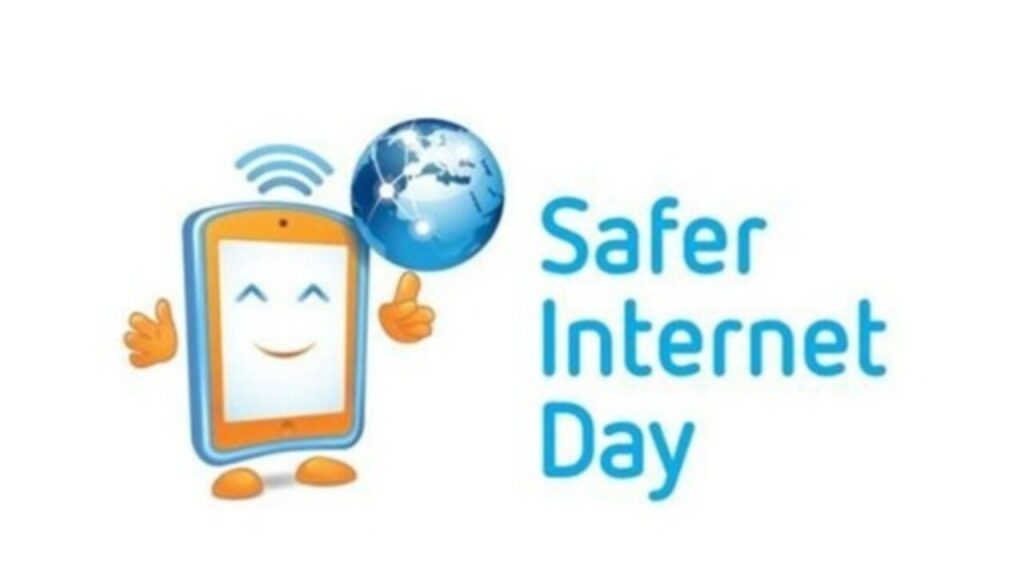This Safer Internet Day, be aware of the most prevalent cyber hazards consumers encounter when doing online transactions, as well as the basic precautions to take.
The seventh of February, 2023 is Safer Internet Day. This is the 20th edition of the campaign, which aims to inspire people around the world to make the Internet a safer place at a time when an increasing number of people are susceptible to cyberattacks.
Having information at our fingertips presents a number of interesting issues, particularly when it comes to online transactions.
The increase in the number of services transitioning to online platforms has increased the likelihood of financial breaches for consumers.
In order to have a more financially secure experience, we must be aware of the following cyber risks, such as identity theft, phishing, and the mining of personal data, among others:
Most Frequent Dangers to Online Transactions
According to experts, identity theft is one of the most prevalent and dangerous internet hazards customers face.
“Identity theft in digital finance can occur when a customer’s personal and financial information is stolen and used without their consent for unauthorised transactions or access to sensitive information,” says Karan Mehta, founder and chief technology officer (CTO) of RING, a digital payments start-up catering to the credit and payment needs of young Indians with aspirations.
Cyberattacks, which Mehta defines as “malicious operations intended at disruption, unauthorised access, or theft of critical information during a digital transaction,” represent an additional serious hazard to consumers.
Varieties Of Attacks
Among others, cyberattacks on digital transactions could take the shape of phishing, man-in-the-middle assaults, and data breaches.
Mehta explains that phishing occurs when fraudsters imitate a reputable institution, such as a bank, firm, or government body, in order to deceive individuals into divulging personal information, such as passwords, credit card details, etc.
In man-in-the-middle attacks, an attacker intercepts communication between two parties and modifies or steals sensitive material for personal advantage. Similarly, when there is a data breach, attackers obtain unauthorised access to a system or database and take sensitive data.
Personal data mining is another popular form of cyberattack.
According to Mehta, the threat to which users are exposed is not an external attack but rather the services and systems themselves.
Data mining is the technique of collecting and analysing massive quantities of personal information from individuals for auxiliary purposes. “Fintech companies collect data such as financial transactions, social media activity, and demographic information to better understand their consumers and offer more personalised financial services,” he explains.
It is crucial to remember that until recently, numerous organisations used the personal information of customers collected by firms to engage in unethical debt collection methods. After the Reserve Bank of India implemented new digital lending regulations in December 2022, this practice ceased (RBI ).
You Can Take Straightforward Measures To Guarantee Online Safety
According to cyber experts, password management is one of the simplest methods to maintain security, and one way to practise this is to avoid reusing passwords for different websites and applications. Always use trustworthy software is another important consideration.
“Using ‘bootlegged’ or generally unknown websites and services is an extremely risky gamble that should be avoided under any circumstances. Even simple measures, such as conducting a Google search on the service’s history, examining an app’s reviews and/or comments, or confirming an RBI authorization in the app’s description, can go a long way towards guaranteeing its safety,” he notes.
He adds that as a matter of practise, one should use strong and unique passwords for each site.
“Using a cross-platform password manager is an excellent method for remembering and utilising these passwords. Important factors include keeping the system’s software up-to-date and avoiding providing personal information on unprotected websites. Mehta adds that it is prudent to periodically review one’s financial statements and never disregard out-of-place transactions.
As the world has shifted towards the usage of apps for a variety of daily tasks, it is vital to be cautious about the permissions that these apps frequently request.
While we may click on a random button while opening a search page, many apps actually request permission to access our personal information.
“One should not grant blanket permissions to apps, but instead consider whether the app actually requires the access for optimal operation. This can prevent you from sharing information such as your location, personal photos, contacts, etc. when you are not using the app, says Mehta.

Bimal Mardi is a Professional Content Writer. He works in First Santal Broadcast Network TV/ News channel in India. Bimal Mardi writes about Technology, Education and Tech Product Reviews




